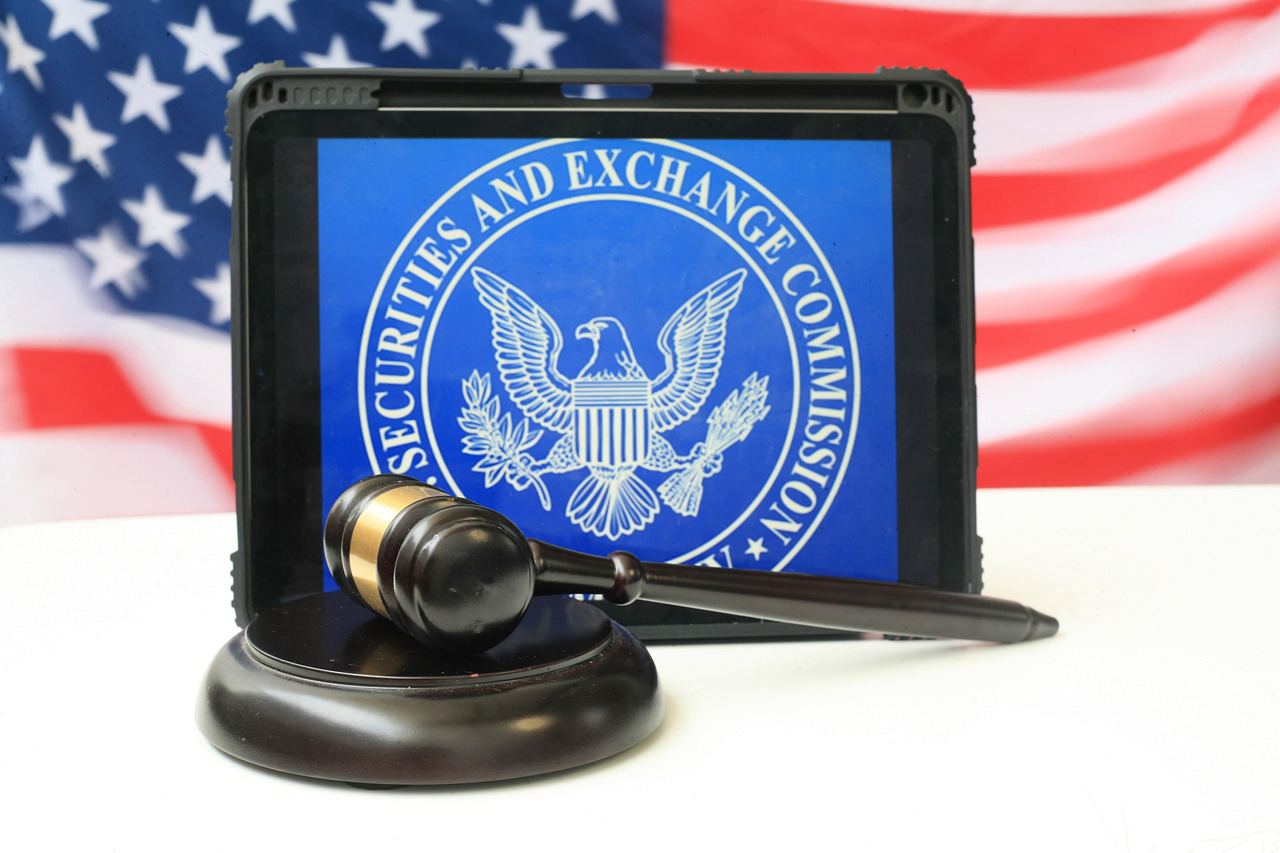SEC’s Crypto Task Force to Hold Key Meeting with Industry Leaders
08.04.2025 14:00 2 min. read Alexander Stefanov
After the departure of Gary Gensler from his role as SEC Chairman, the regulatory agency has taken a noticeably more lenient approach toward the cryptocurrency sector.
Gensler, known for his critical stance on digital assets, left behind a legacy of strict oversight, but his resignation marked the beginning of a more open-minded phase for the SEC.
In a significant development, the agency decided to drop its lawsuits against several crypto firms, including Ripple and Coinbase. To further shape its evolving approach, the SEC established a dedicated Crypto Task Force aimed at creating comprehensive regulations for the digital asset space.
The newly formed task force is set to hold a pivotal meeting on April 11, bringing together key figures from the crypto and financial industries. The agenda includes discussions on how to better regulate crypto trading, and the event is titled “Between Obstacle and Hardship: Adapting Regulation for Crypto Trading.”
Among the notable attendees are Coinbase’s executive Gregory Tusar and Uniswap Labs’ Chief Legal Officer Katherine Minarik, who will participate as panelists. The list of participants also features other influential figures, such as Hester Peirce, the SEC member leading the task force, interim SEC Chairman Mark Uyeda, and Jon Herrick, Chief Product Officer of the New York Stock Exchange. Additionally, Austin Reid from FalconX, Richard Johnson from Texture Capital, and Christine Parlour from UC Berkeley are expected to take part.
This meeting marks the second gathering of the Crypto Task Force and follows a series of significant decisions earlier this year. Notably, the SEC previously filed lawsuits against Coinbase and Cumberland, alleging securities law violations during the Biden administration. However, these cases were dropped after Donald Trump assumed office.
Similarly, an investigation into Uniswap, which began in 2024, concluded in February without further action. As the SEC’s stance continues to evolve, the upcoming meeting could set a new direction for the regulation of crypto trading in the United States.
-
1
Ripple Faces Legal Setback as Court Rejects Bid to Ease Penalties
26.06.2025 16:54 1 min. read -
2
Coinbase Surges 43% in June, Tops S&P 500 After Regulatory Wins and Partnerships
29.06.2025 21:00 2 min. read -
3
Ripple Has Applied for a National Banking License
03.07.2025 7:00 2 min. read -
4
What Will Happen With the Stock Market if Trump Reshapes the Fed?
29.06.2025 13:00 2 min. read -
5
Barclays Blocks Crypto Credit Card Payments in Latest Blow to Retail Investors
26.06.2025 8:00 2 min. read
Trump Set to Sign GENIUS Act, Ushering in Landmark U.S. Stablecoin Regulation
The United States is poised to introduce its most sweeping cryptocurrency legislation to date, as President Donald Trump prepares to sign the GENIUS Act—a groundbreaking bill aimed at regulating the rapidly expanding stablecoin market.
Charles Schwab to Launch Bitcoin and Ethereum Trading Soon, CEO Confirms
Charles Schwab is preparing to roll out spot Bitcoin and Ethereum trading, according to CEO Rick Wurster during the firm’s latest earnings call.
Donald Trump to Unlock $9 trillion in Retirement Savings for Crypto and Gold Investments
President Donald Trump is preparing to sign a sweeping executive order this week that could radically reshape the way Americans invest for retirement.
BlackRock Moves to Add Staking to iShares Ethereum ETF Following SEC Greenlight
BlackRock is seeking to enhance its iShares Ethereum Trust (ticker: ETHA) by incorporating staking features, according to a new filing with the U.S. Securities and Exchange Commission (SEC) submitted Thursday.
-
1
Ripple Faces Legal Setback as Court Rejects Bid to Ease Penalties
26.06.2025 16:54 1 min. read -
2
Coinbase Surges 43% in June, Tops S&P 500 After Regulatory Wins and Partnerships
29.06.2025 21:00 2 min. read -
3
Ripple Has Applied for a National Banking License
03.07.2025 7:00 2 min. read -
4
What Will Happen With the Stock Market if Trump Reshapes the Fed?
29.06.2025 13:00 2 min. read -
5
Barclays Blocks Crypto Credit Card Payments in Latest Blow to Retail Investors
26.06.2025 8:00 2 min. read


